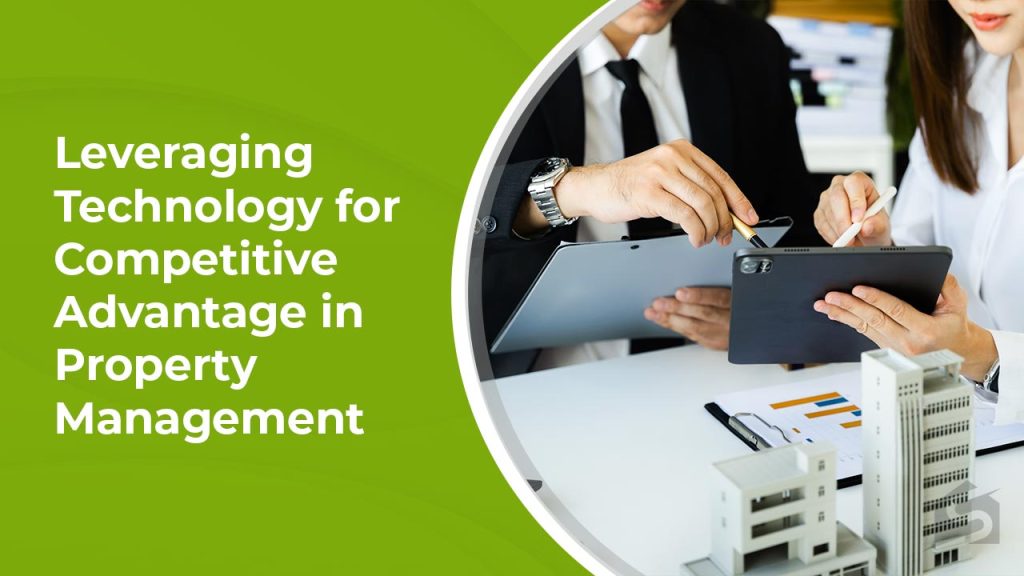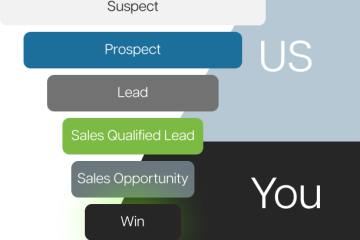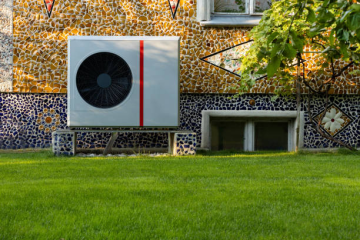The landscape of property management is no longer what it once was, burdened by manual processes and extensive paperwork. Technology has introduced a revolutionary shift, bringing efficiency and simplicity to formerly complex operations. Estate agents in Shropshire explore how modern digital tools are reshaping property management, significantly improving how managers perform their duties and how they interact with tenants. We will also discuss the broader implications of these technological advancements for real estate professionals and highlight the transition to more innovative, tech-savoured methods.
Embracing Digital Transformation in Property Management
The adoption of technology in property management marks a significant departure from traditional methods. The industry, once characterised by laborious administrative tasks, has embraced cloud-based technologies that offer flexibility and accessibility previously unthinkable. Property managers can now handle their responsibilities from virtually anywhere, fundamentally altering the nature of property oversight.
Streamlined Communications
The way property managers communicate with tenants has been dramatically enhanced by digital tools. Platforms designed for property management enable instant and transparent communication, allowing managers to send maintenance updates, rent reminders, and more with ease. This immediacy not only saves time but also fosters a clearer, more open relationship between tenants and management. Additionally, these platforms provide a central hub for all communications, ensuring that every message is logged and retrievable, which helps prevent disputes and misunderstandings.
Automating Administrative Tasks
Technology has also brought automation to the forefront of property management, simplifying tasks like tenant screening, lease management, and rent collection. By automating these processes, software solutions reduce the chance of human error, ensure compliance with housing regulations, and free up property managers to focus on more critical aspects such as tenant satisfaction and property maintenance.
Enhanced Tenant Screening and Onboarding
With technological tools, tenant screening has become more efficient and less biased. Online applications processed through automated systems can quickly assess credit scores, background checks, and eviction histories, ensuring that the process is thorough and equitable. Moreover, the tenant onboarding process benefits from digital advancements as well, with leases signed electronically and orientation materials sent digitally, streamlining the entire move-in process.
Efficient Maintenance Requests Handling
Maintenance management is smoother thanks to technology. Tenants can submit maintenance requests through online portals that are available around the clock. These systems categorise and prioritise incoming requests automatically, notifying property managers and maintenance staff accordingly. This not only speeds up the maintenance process but also keeps tenants informed about the status of their requests, greatly improving tenant satisfaction.
Advanced Financial Management
The financial operations involved in property management have been vastly improved by technological solutions. Automated billing systems help ensure timely rent collection and accurate financial records. Advanced analytics tools provide insights into financial trends, enabling property managers to track expenses and predict future financial scenarios more effectively.
Smart Technology for Enhanced Security
The introduction of smart home technologies has increased security and convenience for tenants and property managers alike. Features like smart locks, surveillance cameras, and alarm systems controlled via smartphones not only enhance tenant security but also provide property managers with real-time monitoring capabilities, simplifying property security management.
Remote Management Capabilities
Technology has also made remote property management feasible. Virtual tours, digital contracts, and online payment systems allow properties to be managed from any location, removing geographical barriers and opening up new investment opportunities. This capability enables property managers and investors to expand their reach without being physically present.
Promoting Sustainability Through Technology
Finally, technology contributes to more sustainable property management practices. Remote monitoring and management of energy-efficient systems help in reducing energy consumption, while digital documentation cuts down the need for paper. IoT devices can detect leaks and monitor energy usage, helping properties reduce their environmental impact.
Conclusion
The integration of technology into property management is not just changing the industry; it’s revolutionising it. As we embrace these digital advancements, the roles and responsibilities of property managers are being redefined, with streamlined operations and improved efficiency at the forefront. This technological shift ensures that both property managers and tenants enjoy a more seamless, responsive, and engaging experience. By utilising tools like automated systems, smart technologies, and online platforms, property management professionals are able to focus more on strategic initiatives such as enhancing tenant relationships and optimising property performance rather than getting bogged down by routine tasks.
Furthermore, as technology continues to evolve, its role in property management only grows more vital. It provides innovative solutions that are critical in navigating the complexities of the modern real estate market. For property managers and real estate investors, adapting to and investing in these technologies is not merely advantageous—it’s imperative for staying competitive in an increasingly tech-driven world. In conclusion, the future of property management lies in technology. Those who adapt swiftly and effectively will not only streamline their operations but also provide superior service, setting a new standard in the industry.



